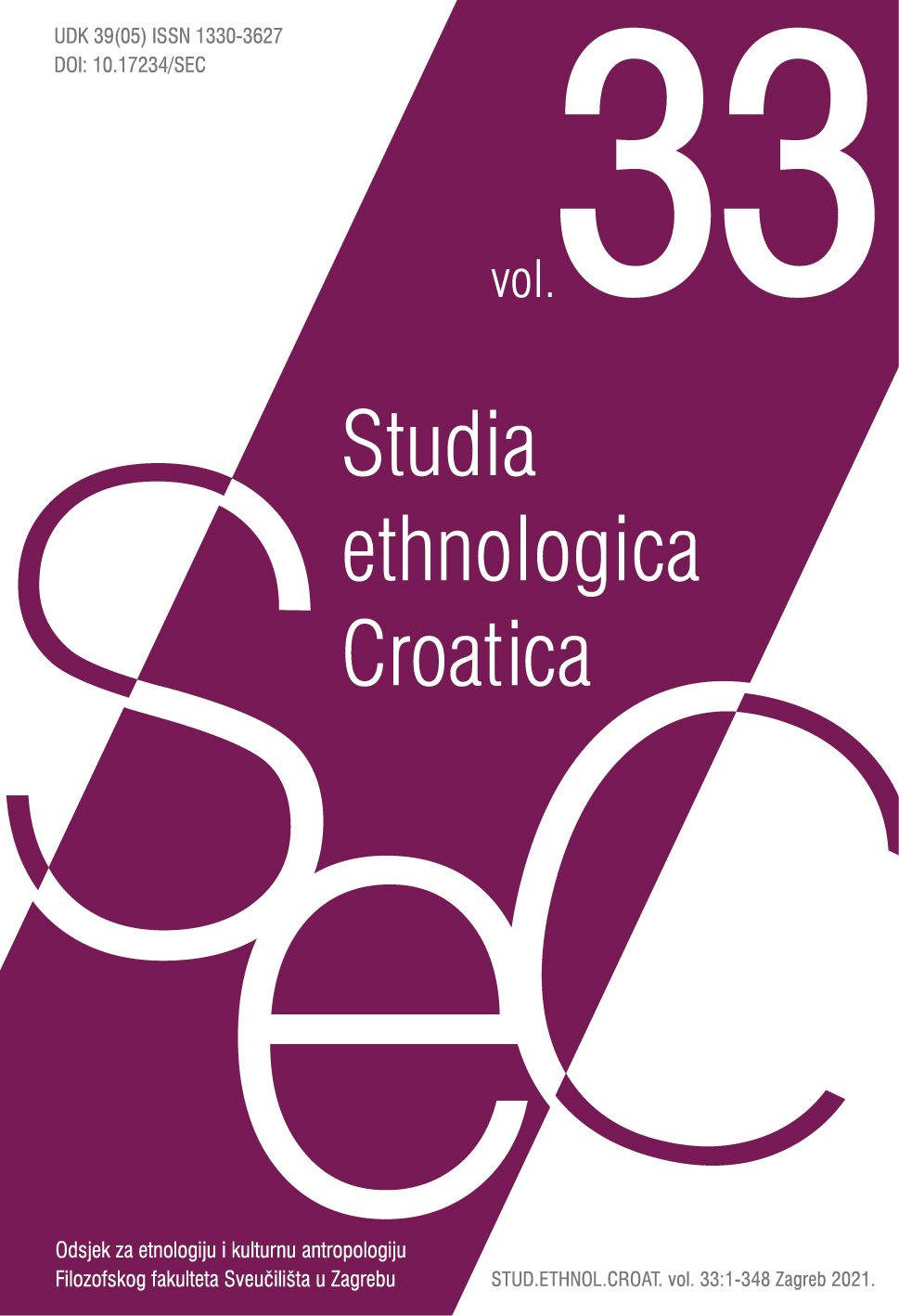Vladko Maček’s apartment in Zagreb and farm in Kupinec: Symbolic places of power of the Croatian peasant movement in the 1930s
Vladko Maček’s apartment in Zagreb and farm in Kupinec: Symbolic places of power of the Croatian peasant movement in the 1930s
Author(s): Ivica ŠuteSubject(s): History, Social Sciences, Social history, Recent History (1900 till today)
Published by: Sveučilište u Zagrebu, Filozofski fakultet
Keywords: Vladko Maček; Croatian Peasant Party; law office; farm; Kupinec; political symbols;
Summary/Abstract: After the death of Stjepan Radić (1928) and the establishment of the dictatorship of King Alexander (1929), all political parties in the Kingdom of Yugoslavia were banned, and, even after the resumption of political life in 1935, the parties were not fully legalised. This fact decisively influenced the internal structure of the strongest Croatian political party in the interwar period, the Croatian Peasant Party. Instead of the previous party bodies (the Assembly, the Main Board), the key decisions were made by a narrow circle of party members gathered around the new party leader – Vladko Maček. His farm in Kupinec, as well as a law office in Deželićeva Street in Zagreb, became the real seats of the party and of the Croatian peasant movement, as well as symbolic centres of parallel political power. The aim of this paper is to analyse the meaning of new places of power and their ideological ignificance in the Croatian peasant movement in the 1930s.
Journal: Studia ethnologica Croatica
- Issue Year: 2021
- Issue No: 33
- Page Range: 149-170
- Page Count: 22
- Language: English

